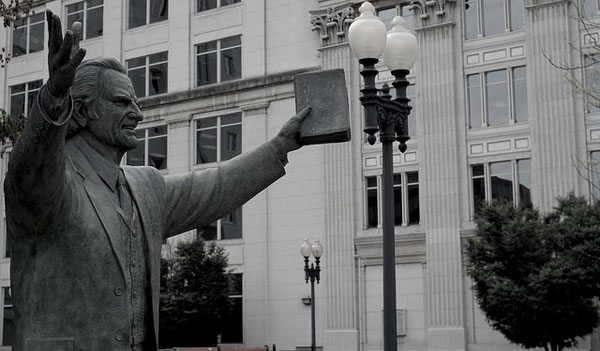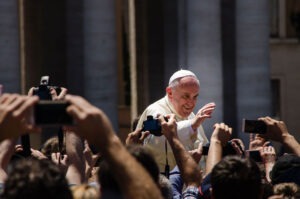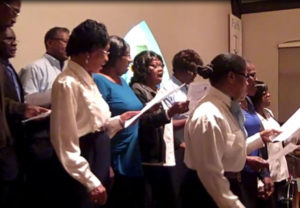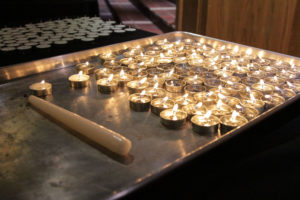
March 5, 2018; The Conversation
Writing for The Conversation, Andrew Dole, Professor of Religion at Amherst College, asks, “Could there be another Billy Graham?”
At this time of Billy Graham’s passing, American evangelical Christianity looks to be in steep decline, at least judging by numbers. The proportion of white Americans who identify as evangelical has fallen from 23 percent of the population in 2006 to 17 percent in 2016. Furthermore, a recent survey shows that evangelicalism is aging: Only eight percent of whites ages 18 to 29, versus 26 percent over 65, identify as evangelicals.
However, Dole asserts that evangelicalism was thought to be dead after the passing of Billy Sunday, 20 years before Graham began his ministry and discusses the conditions that led to Graham’s rise, which might be replicated today. Graham’s message countered the fundamentalism of the Scopes Monkey Trial with neo-evangelicalism. Evangelicalism, likewise, needs reviving today, and as they did in Graham’s day, today’s popular pastors and authors might endorse a new leader.
As was the case with Graham’s career, “the links between conservative Protestantism and corporate capitalism have only strengthened in recent decades.” Dole discusses the fate of recent heirs apparent who failed because they attempted to dial down evangelicalism’s fundamentalism and social and political conservatism. He adds that the “symbolic boundaries” of evangelicalism behave differently “in the age of the internet.”
Sign up for our free newsletters
Subscribe to NPQ's newsletters to have our top stories delivered directly to your inbox.
By signing up, you agree to our privacy policy and terms of use, and to receive messages from NPQ and our partners.
Dole ends up answering his title question with this conclusion: “Success in the business of reviving evangelicalism will require…a deep bench of supporters, whether persons or institutions, capable of withstanding criticism for more than, say, two days.”
NPQ looks at this question for a number of reasons. Religion drives much of the nation’s economy, as well as its charitable giving. NPQ takes issue with how Graham’s son has managed the Billy Graham Evangelism Association and the international humanitarian and health aid group, Samaritan’s Purse. NPQ has similarly objected (and here, here, and here) to how Jerry Falwell’s son has managed the evangelical ministry he founded.
Graham’s history and legacy are also far more nuanced than Dole’s description of his rise to success, such as the pivotal role William Randolph Hearst and others played. There is no mention of Graham’s support of the Vietnam War, the reasons why he was affectionately called “God’s Cold War machine gun,” or his (recorded) controversial conversations with Nixon. There is no attempt to reconcile Graham’s faith with being the celebrated “Pastor to the Presidents” and a celebrity with his own Hollywood Star, though as early as 1955 Alistair Cooke predicted as much. Graham’s views on women and homosexuality require no explanation, but perhaps explain some of the reasons Dole gives for the “steep decline” of American evangelical Christianity.
Rosa Parks was the third private citizen to lie in honor in the US Capitol rotunda; Graham was the fourth. Whether a humble man of faith or an evangelical entrepreneur, whether he was a witness to the truth or a sycophant who spoke agreeably to presidents in lieu of hard truths, there is no doubt that no one is likely to ever replace Billy Graham or repeat his singular trajectory. In this current age of Trump and Roy Moore, perhaps it would be better to see a new and more diverse generation of Christian leaders emerge who confound, if not ignore, political categories and abandon the evangelical label but remain committed to its original Gospel message.—Jim Schaffer












